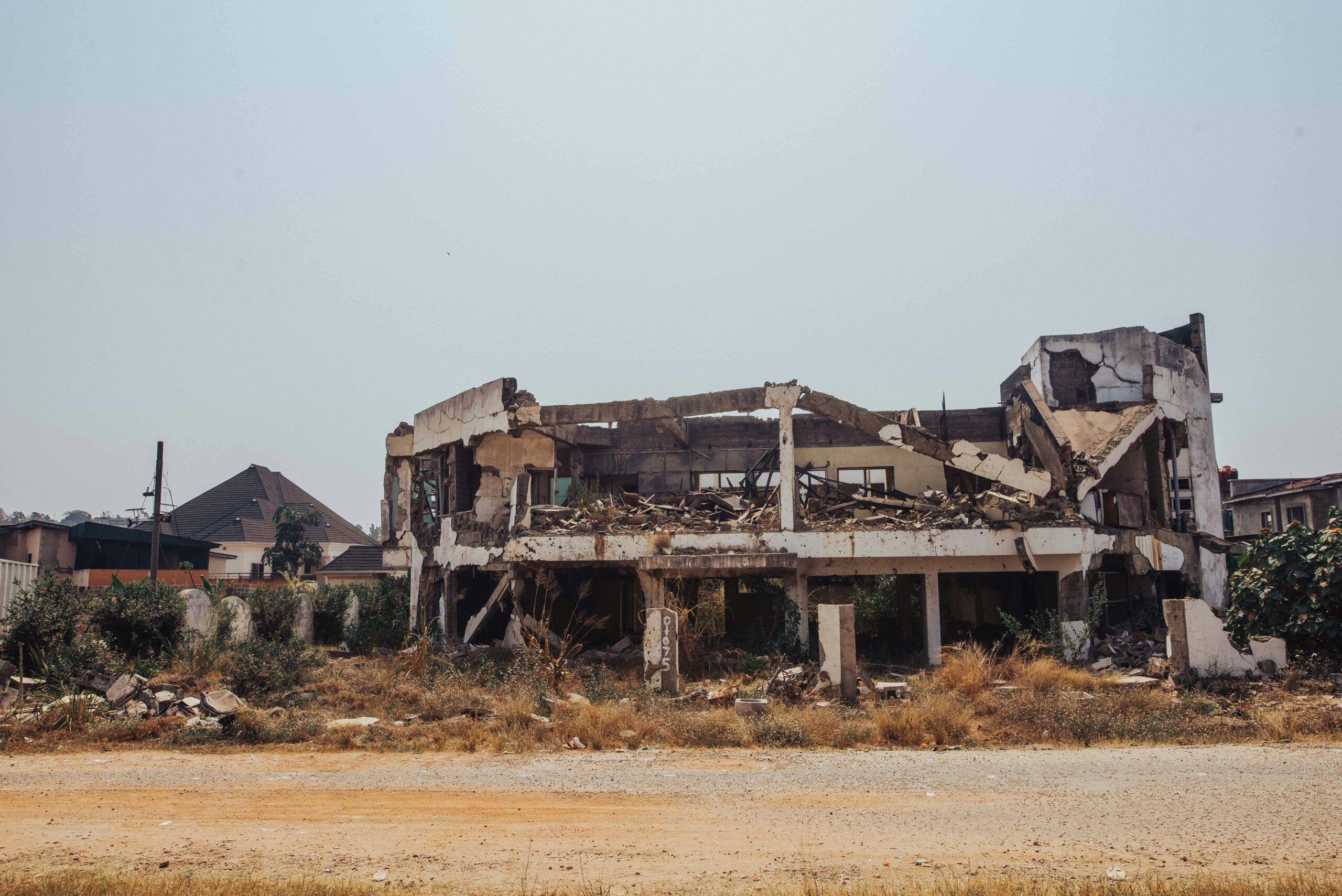

The greatest atheist society ever is the biggest failure.
Some thought they would never see this day but its pretty much here now.
How ideology shaped the PRC
1) Founding DNA (1921–1949): Dialectical/historical materialism
- The CCP’s guiding ideas come straight from Marxism-Leninism. Marx called religion “the opium of the people,” and Lenin echoed it as “spiritual booze,” signaling a project to ground law and rights in material social relations, not divine authority. Marxists Internet Archive+1
- Mao Zedong framed politics as a struggle guided by dialectical materialism and denounced “feudalism and superstition,” i.e., religion/idealism. Marxists Internet Archive+1
2) State-building (1949–1976): “People’s democratic dictatorship”
- The PRC was declared a socialist state under a people’s democratic dictatorship (Article 1), a Leninist idea that legitimizes curbing hostile ideas/actors in the name of the “people.” Mao put it bluntly: “deprive the reactionaries of the right to speak and let the people alone have that right.” State Council of ChinaKC User Content
- During the Cultural Revolution, religion was attacked as part of the “Four Olds,” and public religious activity was effectively banned. Pew Research Center
3) Reform era management (1978–2012): Control, not eradication
- The 1982 Constitution protects “freedom of religious belief” (Art. 36) but only “normal religious activities” and bars foreign control—so rights exist, but within state-set lines. (Also note Art. 51: citizens’ freedoms may not infringe state/collective interests.) State Council of ChinaConstitute Project
- The CCP’s internal Document 19 (1982) reset policy: religion would persist for a long time but should be guided and managed—and coercive elimination had been a mistake. It affirmed Marxists may propagate atheism while regulating religion. Friedrich Ebert Foundation LibraryHoover Institution
4) The Xi era (2012–present): Atheism + “Sinicization”
- The Party Constitution and the PRC Constitution now also enshrine Xi Jinping Thought alongside Marxism-Leninism/Mao/Deng, etc., reaffirming ideology as the state’s compass. China Military OnlineState Council of China
- Xi at the 2016 National Conference on Religious Work: Party members must be “unyielding Marxist atheists”; religious groups must adhere to Party leadership. Policy since then pushes “sinicization of religion.” Hong Kong Free Press HKFPPew Research Center
- Regulations were tightened (2017/2018 Religious Affairs Regulations, later measures) to register, supervise, and align venues, clergy, finance, and online content with state priorities. China Law Translate
What this worldview means for rights & morality
- The PRC Constitution lists civil freedoms (speech, press, assembly, religion), but also states these rights cannot infringe the interests of the state/society/collective (Art. 51). That’s a positivist (state-centered) approach—distinct from a “God-given/un-alienable” model. Constitute Project
- Officially, the CCP is atheist and members are barred from religious affiliation; leaders repeat that cadres must be Marxist atheists. In practice, religion is tolerated when it serves order and “core socialist values,” and constrained when it competes with Party authority. Pew Research Center
Quotes that shaped the CCP’s stance (short and sourced)
- Marx (1844): “Religion is the opium of the people.” Marxists Internet Archive
- Lenin (1905): “Religion is a sort of spiritual booze…” Marxists Internet Archive
- Mao (1937): “Firmly upholds dialectical materialism.” Marxists Internet Archive
- Mao (1949): “People’s democratic dictatorship… deprive the reactionaries of the right to speak.” KC User Content
- PRC Constitution (2018): China is a socialist state under a people’s democratic dictatorship; leadership by the CPC is defining. State Council of China
- PRC Constitution (Art. 36): Citizens enjoy freedom of religious belief (within state-defined bounds). State Council of China
- PRC Constitution (Art. 51): Rights may not infringe state/collective interests. Constitute Project
- Xi (2016): Party members must be “unyielding Marxist atheists”; religious groups must adhere to CPC leadership. Hong Kong Free Press HKFP
What do Chinese people believe? (stats)
- WIN-Gallup (2012) found 47% in China called themselves “convinced atheists,” the highest share in the world (14% “religious”). irtshdf.fr
- Pew (2023): Many Chinese practice beliefs but only ~1 in 10 formally identify with a religion—partly because of how religion is defined and regulated. Pew Research Center
- Pew (2023) also reiterates: the CCP is officially atheist and members are not permitted to join religions (though some still participate in customs). Pew Research Center
Bottom line
The CCP’s founding and evolution are rooted in atheistic, materialist doctrines (Marx–Lenin–Mao → Xi). That frame treats rights as instruments for building socialism under Party leadership—not moral claims anchored in God. Religion is managed: permitted as belief, constrained as organization, and prohibited for Party members. The result is a system where morality and rights flow from ideology and the state, not from a transcendent source. State Council of China+1China Military Online
You got it—here’s a tight, source-backed set of direct quotes (plus a few key stats) from PRC leaders and prominent figures on God/religion, morality, rights, and atheism.
Party & state leaders
- CCP doctrine (1982): “We Communists are atheists and must unremittingly propagate atheism.” — Central Committee Document 19 (on religion policy). globaleast.org
- Xi Jinping (2016, National Conference on Religious Work): Party members must be “unyielding Marxist atheists,” and religious groups must adhere to Party leadership and be guided to adapt to socialist society. China.org.cnpolitics.people.com.cn
- Xi Jinping (2021 follow-up): “Complete, accurate and comprehensive implementation of the Party’s policy on freedom of religious belief… actively guide religions to adapt to socialist society.” Xinhua Newslanguage.chinadaily.com.cn
- Zhu Weiqun (then–United Front Work Dept. executive vice minister, 2011): “Members of the Communist Party of China shall not believe in religion, which is a principle to be unswervingly adhered to.” China Daily
- Ye Xiaowen (then state religious-affairs chief): Religion “must… adapt to socialist society,” and authorities should induce adaptation. Human Rights Watchlapres.net
- Xi on human rights universality (2020): “There is no universal path to human rights development.” People’s Daily
- State Council/SCIO white papers (2019): “There is no universally applicable model, and human rights can only advance in the context of national conditions…” State Council of China
- Hu Jintao (2012, 18th Party Congress report): “Core socialist values are the soul of the Chinese nation… We should carry out thorough study of and education in these values.” Global Times
Policy texts that frame rights & religion
- PRC Constitution (Art. 36): “Citizens… enjoy freedom of religious belief.” (Administers this within state-defined bounds and “normal” activities.) State Council of China
- PRC line on “sinicization”: Official guidance stresses using core socialist values to lead clergy and believers and fostering identification with the motherland, the CPC, and socialism. People’s DailyGovernment of China
- Document 9 (2013, internal CCP memo): Warns that promoting “universal values” aims to weaken the Party’s theoretical foundations. ChinaFile
Prominent voices inside/outside the system
- Liu Xiaobo (Nobel Peace laureate, dissident, 2010): “Freedom of expression is the foundation of human rights, the source of humanity, and the mother of truth. To strangle freedom of speech is to trample on human rights…” NobelPrize.org
- Charter 08 (2008, signed by Chinese scholars/activists including Liu): “Freedom, equality, and human rights are universal values of humankind…” Reporters Without Borders
Quick stats on belief in God/religion in China
- Pew Research (2023): “Many Chinese adults practice religion or hold religious beliefs, but only 1 in 10formally identify with a religion.” Pew Research Center
- WIN–Gallup (2012): China had the world’s highest share of ‘convinced atheists’ (47%); only ~14% called themselves religious. Scribd
China is now on the verge of collapse.
Their real estate is collapsing, birth rates, economy, social safety net, you name it … will get into it more later.


